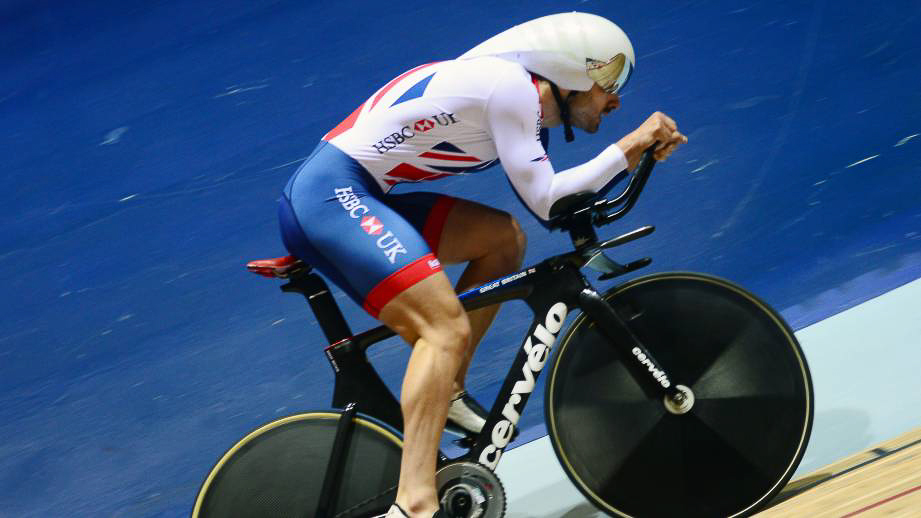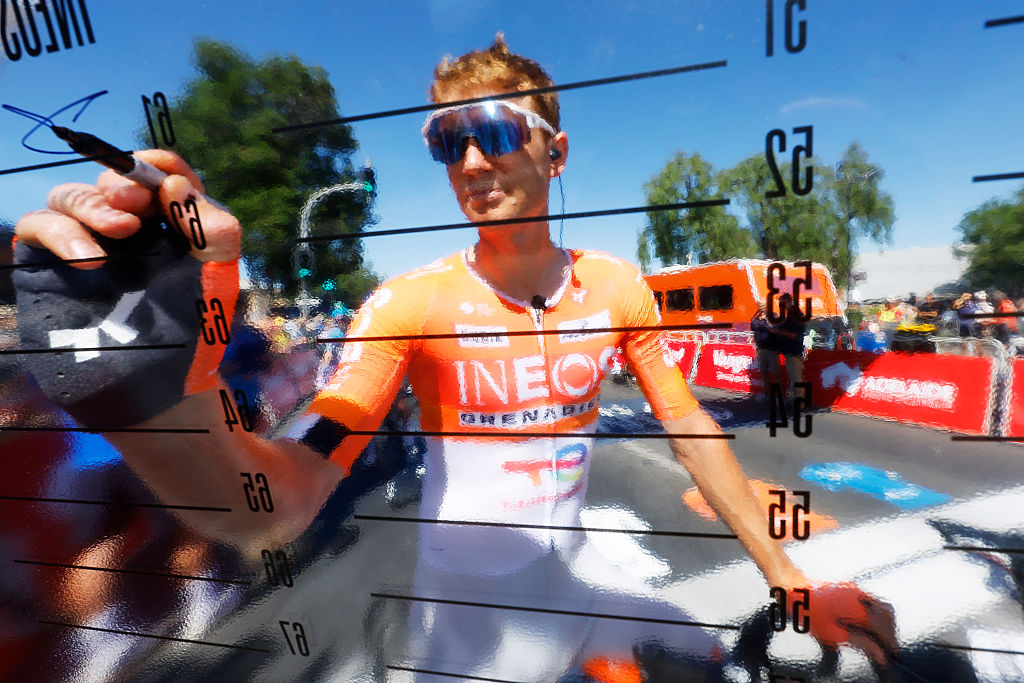British Cycling respond to DCMS report
National body backs recommendation to strengthen UKAD powers
The latest race content, interviews, features, reviews and expert buying guides, direct to your inbox!
You are now subscribed
Your newsletter sign-up was successful

British Cycling has responded to damning indictments in the findings of the Digital, Culture, Media and Sport Committee's report into 'Combating Doping in Sport', saying it will never again "allow a situation to develop whereby our independence as the national governing body is called into question because of our relationship with a professional team."
British Cycling chair stands down early after just nine months
Former Team Sky doctor lifts the lid on team's medical practices and grey areas
Select Committee's report darkens clouds over Team Sky and Brailsford
Opinion: Brailsford must resign for Team Sky to survive
Bradley Wiggins quickly dismisses drug claims in DCMS report
The report details the medical practice of British Cycling and Team Sky and includes new evidence that Team Sky riders were treated with corticosteroids outside of competition to lose weight ahead of the 2012 Tour de France. Although the report finds greater fault with Team Sky and its medical malpractice, British Cycling and its lack of medical record keeping is heavily scrutinised.
In a press release from the governing body, CEO Julie Harrington responded to the findings by outlining the structural changes within British Cycling since she took the role in May 2017 and moved to improve the professionalisation and standards within the national body.
"These reforms aim to ensure that the failures identified in the Committee's enquiry will never happen again," she said. "We remain committed to ensuring that our organisation can stand up to the highest levels of public and professional scrutiny. This is work that can never be declared finished – it will require constant vigilance and review, and with this in mind we expect to be in the position to announce further strategic and structural changes in the coming months."
A major reform at British Cycling during the three years in which the report was undertaken involved the separation between Team Sky and the national body. Harrington declaring the clear division between the two organisations is key to rebuilding reputation and professionalisation.
"The Committee’s investigation focused on a time when the relationship between British Cycling and Team Sky operated with blurred boundaries between the two organisations," said Harrington. "Today there are clear boundaries and distinctions between us: no one is simultaneously employed by British Cycling and Team Sky; and we each have our own practices in place for managing athlete records. Never again will we allow a situation to develop whereby our independence as the national governing body is called into question because of our relationship with a professional team."
Read more on this story
The latest race content, interviews, features, reviews and expert buying guides, direct to your inbox!
- Opinion: Brailsford must resign for Team Sky to survive
- Select Committee's report darkens clouds over Team Sky and Brailsford
- Exclusive: Team Sky riders consider asking Brailsford to resign
- UKAD chairman labels British Cycling's and Brailsford's parliamentary evidence 'extraordinary'
- Former British Cycling coach claims there was a 'macho and brutal' culture under Brailsford
- Pooley: Brailsford and Sky need to get their facts straight
- UKAD investigation rolls on as Brailsford's parliamentary questioning looms
The DCMS report also called for the General Medical Council to take 'appropriate action' with the man at the centre of the jiffy-bag saga, Dr Freeman.
Harrington explained British Cycling referred Dr Freeman to GMC last year but "At this stage, we cannot comment further on this matter in order to avoid compromising the GMC's work."
The report also calls for Team Sky and British Cycling to pay compensation to UK Anti-Doping (UKAD). The DCMS report stating that UKAD's investigation into Sky and British Cycling was made harder by failure to keep records related to medical treatment and therefore, UKAD is owed an 'amount of compensation.'
"We look forward to supporting our colleagues at UKAD in their work to examine what further powers are required in the fight against doping," Harrington said.
Regarding the use of 'glucocorticoids and Tramadol', in cycling, Harrington added that British Cycling's position on medical treatment is clear. "should only be used to address clinical need and never to enhance performance. We remain committed to working with the anti-doping agencies and the Union Cycliste Internationale to develop policy and regulations to support this principle."
Harrington added that findings of Team Sky's use of TUEs in the report are welcomed by British Cycling and that they should be "subject to scrutiny and constant review". The CEO explaining the report is a timely reminder "to fulfil our duty to ensure competition is fair."
New British Cycling Chair Frank Slevin echoed Harrington's commitment, explaining British Cycling will not shirk from its responsibilities in the 'fight against doping in modern sport'. A closer working relationship with UKAD one area which Slevin believes will assist in avoiding "a repeat of the issues that have been evident in recent investigations."

